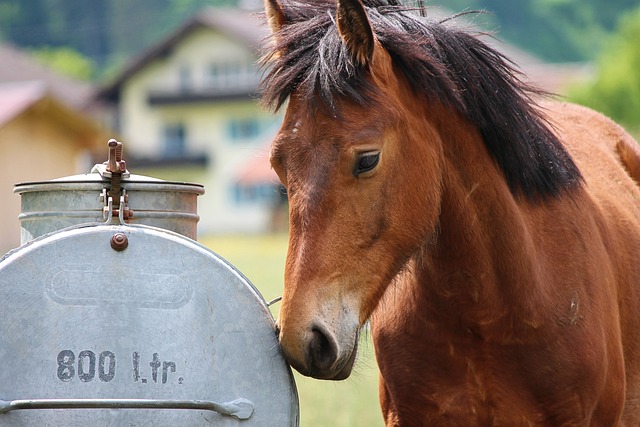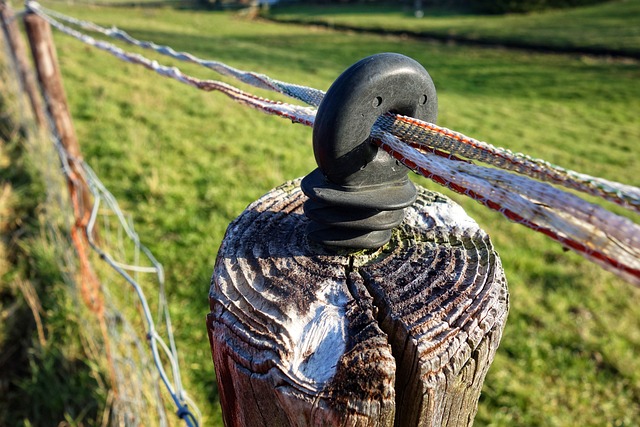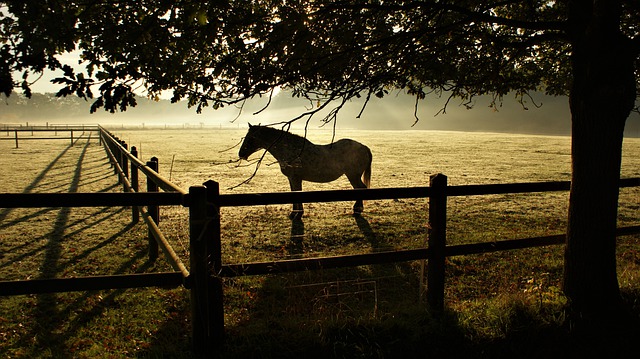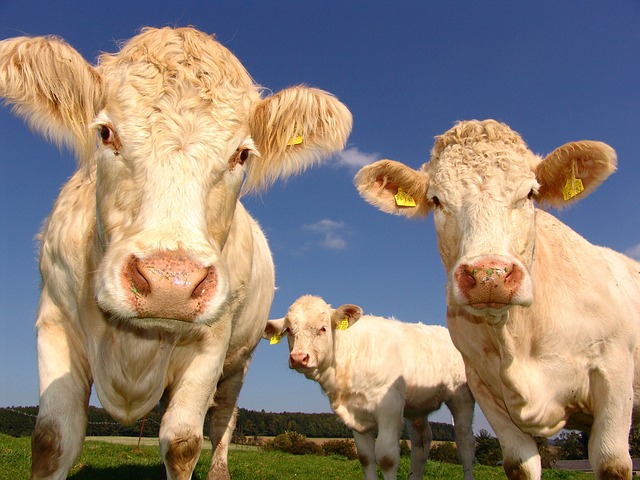Different types of horse paddock fencing

What is an adequate water supply for horse paddocks?
January 24, 2023
Electric Fencing
January 24, 2023
Categories
There are many types of horse fencing options available, each with their own pros and cons. Here is a list of some of the most common types of horse fencing, along with a brief description of their benefits and drawbacks:
- Wood fences: Wood fences are a classic choice for horse properties and can provide a natural, attractive appearance. They can also be painted or stained to match the aesthetics of the property. However, wood fences require regular maintenance, including painting or staining to prevent weathering and rotting. They can also be expensive to install and repair.
- Vinyl fences: Vinyl fences are a low-maintenance option that can mimic the appearance of wood. They are also weather-resistant and do not require painting or staining. However, they can be more expensive to install than wood fences and may not be as strong or durable in the long term.
- Steel or aluminum fences: Steel or aluminum fences are strong and durable, making them a good option for high-traffic areas. They are also weather-resistant and require little maintenance. However, they can be more expensive to install than wood or vinyl fences and may not have the same natural appearance.
- Electric fences: Electric fences are a cost-effective option that can be used to contain horses in a pasture or training area. They work by delivering a mild shock to the horse when it touches the fence, which can be enough to deter the animal from attempting to cross the boundary. However, electric fences require regular maintenance to ensure that they are functioning properly and can pose a risk of injury to both humans and animals if not installed and used correctly.
- Wire or mesh fences: Wire or mesh fences are a cost-effective option that can be used to contain horses in a pasture or training area. They are strong and durable, but may not provide the same level of visibility or aesthetics as other types of fencing. They may also require more maintenance to prevent sagging or breaking.
Ultimately, the best type of fencing for your horse property will depend on your budget, the size and layout of your property, and your specific needs and preferences. It is important to consider the pros and cons of each option and consult with a professional fencing contractor to determine the best solution for your horse fencing needs.




